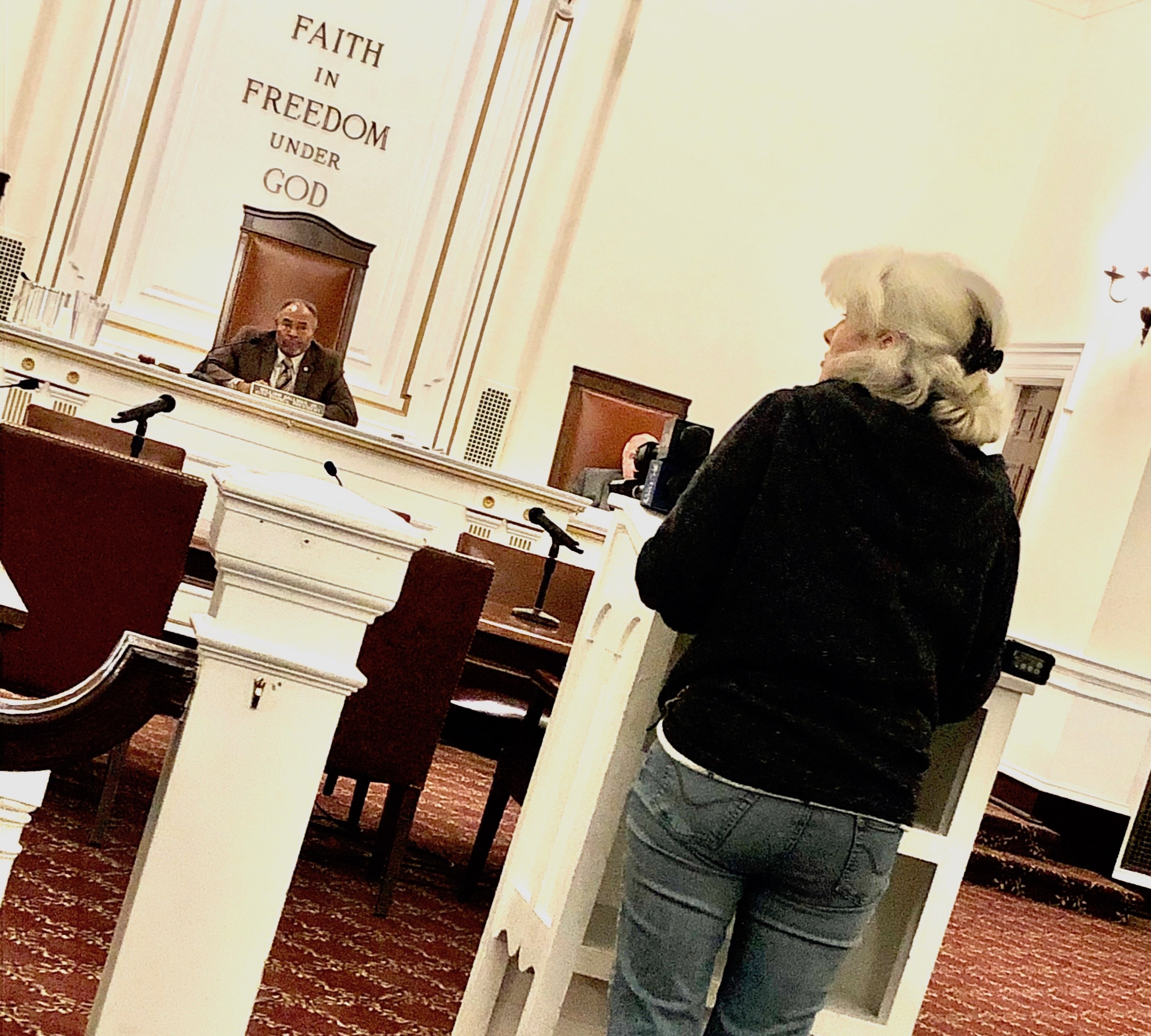Lawmakers in Elizabeth, N.J. voted on Tuesday to remove all of the Lime rentable scooters from city streets — rather than providing riders even a modicum of safety in the bike-lane-free burg — after a teenager was killed by a tow truck driver.
The move came less than a month after the motorized scooters, which could be rented using a smartphone app for $1 to unlock and 20 cents for each minute, were put on the roads as part of a six-month pilot program approved earlier in the year by the Council — the very same body that bailed on the program on Tuesday night.
The hope, council members said, was to give residents an inexpensive and fun way to get around the city. But instead, they got an entirely preventable tragedy.
“We thought it was good and asked a million questions,” Councilman Carlos Torres told Streetsblog after the emergency vote, which went 8–0 in favor of ending the program by Thanksgiving. “This was our worst possible nightmare.”
Nelson Miranda Gomez was killed by the driver of the tow truck while riding on electric-powered scooter last Wednesday night. The death, for which the driver was not charged, sparked outrage in the community where residents said big money interests — the city’s deal with Lime got it 10 cents every time a scooter was rented, were put ahead of the safety of residents.
Scooter riders were supposed to be at least 18 years old, but residents at the meeting said anyone could get on them as long as they had the app and claimed they were the proper age.
Still, many who spoke out during a 20-minute public session before the vote said the rollout was bound to fail in a city where the automobile take priority over everything else.
“It didn’t matter if he was 16 or 18. He was hit by a tow truck. No matter how old he was, he would have been killed,” said Elizabeth resident Danielle Fienberg. “We have no bike lanes, we have no basic pedestrian safety measures, and we have drivers that are aggressive. We were not ready for Lime scooters.”
Council President William Gallman, Jr. told Streetsblog that the city does in fact have two “usable” bike lanes — one on either side of the Magnolia Avenue’s bridge over busy Route 9. (A quick tour on Google maps shows the unmarked and unprotected lanes that abruptly end at either side of the bridge). Gallman added that he has attempted to get street-calming measures like speed humps installed in the city, but has been blocked by the mayor. He noted that neck downs
Fienberg, a mother of a 2-year-old, added that in a city of nearly 125,000, the fewer than 400 officers on on its police force can’t possibly enforce its traffic laws, and without proper infrastructure in place, the former Queens resident predicts something like the scooters will never work.
“We need to be able to enforce the traffic laws and add enough infrastructure to make this place safe for pedestrians and bicyclists,” she said. “I actually felt safer living on Queens Boulevard back when it was known as the 'Boulevard of Death.'”
During the meeting, Gallman said the day will again come when scooters become a fact of life on the streets of Elizabeth — as they are in Hoboken and Jersey City, where they have proven popular. But he said rental companies such as Lime must ensure the safety of riders — a burden that is not similarly placed on car manufacturers. Typically, cities or states build infrastructure such as bike lanes, just as they build lanes for car drivers.
“We will have a list of things we will need them to do, such as helmets, one rider per scooter, and a way to combat underage riders,” he said.
But asked if he thought the streets of Elizabeth could soon be made safer for those who aren’t sitting inside a 3,000-pound machine through measures taken by the city, he had one answer.
“Not at this time.”






